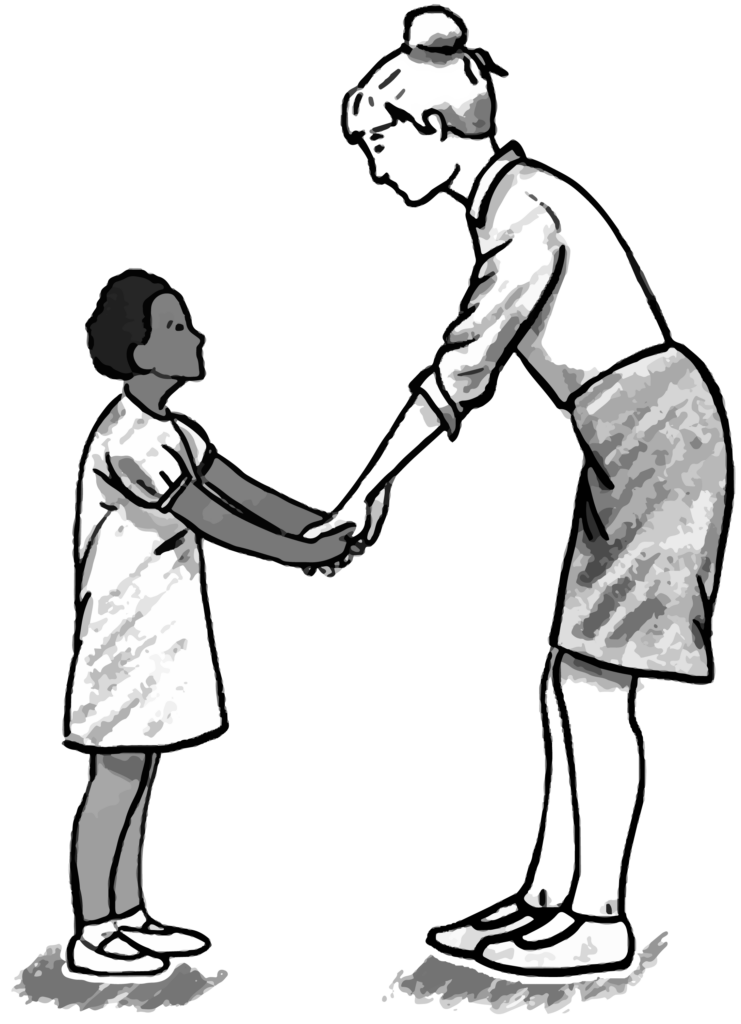Divorce is often described as a painful and tumultuous experience for all parties involved, but perhaps no one feels its effects more acutely than the children caught in the crossfire. Among the myriad of challenges children of divorce face, one of the most devastating yet often overlooked is parental alienation; a phenomenon where one parent deliberately undermines the child’s relationship with the other parent. This emotional play can really challenge a child’s mental health and growth, leaving deep-seated impacts that last.
Parental alienation isn’t always blatant. Sometimes, it’s hidden in offhand comments or negative vibes that parents throw around. But other times? It can be downright crafty, with moms and dads pulling strings like puppet masters to turn their kids against the other parent. Regardless of the tactics employed, the result is the same: the child is left feeling confused, torn, and ultimately alienated from one of their parents. The bond breakage and dwindling trust can mess with a kid’s emotional health big time, causing issues like feeling low about themselves, struggling with gloominess or anxiousness. Additionally, this could turn creating meaningful connections later into quite a tough task.
Parental alienation can rip a kid’s identity apart, messing up where they feel they belong. By being forced to choose sides in the conflict between their parents, children may experience a profound sense of loss and confusion, as they struggle to reconcile their love for both parents with the loyalty demanded by the alienating parent. This internal conflict can lead to a deep-seated sense of guilt and shame, as well as a feeling of isolation from both parents and the rest of their family.
But, when a kid is pushed into thinking one parent’s the bad guy, their ability to trust and build strong bonds with others becomes challenging. These bonds are vital for the kids to grow emotionally in a healthy way. When a child is conditioned to view one parent as the “enemy” or “villain,” they may become wary of forming close relationships with others, especially within their own peer groups, out of fear of being betrayed or abandoned ruining their ability to form solid friendships, date successfully or even interact in a professional environment down the line. It’s like they’re carrying a weight from their past that makes it harder for them to connect with people as adults.
Parental alienation doesn’t just bruise emotions; it can drag you into a legal maze, making life more difficult for everyone caught in the crossfire, especially the children. In many cases, the alienated parent may be denied access to their child, leading to protracted custody battles and legal disputes. Amidst all this, the young one is missing those irreplaceable instances that could have fortified their bond with the distanced parent; it only amplifies their feelings of solitude and disconnect, deepening an already profound sense of loss.
As nannies, we strive to support families wading through the stormy sea of divorce, it’s crucial that we understand how damaging parental alienation can be for children. We need to act swiftly and decisively against this issue. To support those weathering the tempest of divorce, we ought to take swift action such as offering emotional assistance and guidance for parents and their kids. By educating families on the detrimental effects of alienation and promoting an environment conducive to open dialogue coupled with strategic co-parenting methods, we can mitigate this issue.
By putting the children’s welfare and best interests at the forefront, we’re able to soften the blow of parental alienation. This not only minimizes its harmful impact but also paves way for a more comforting environment that stands strong as families steer through their divorce trials and tribulations. By taking this route, we make sure each child gets the chance to mature in a nurturing and steady home setting while being spared from the stress caused by their parents’ disputes and estrangement.

